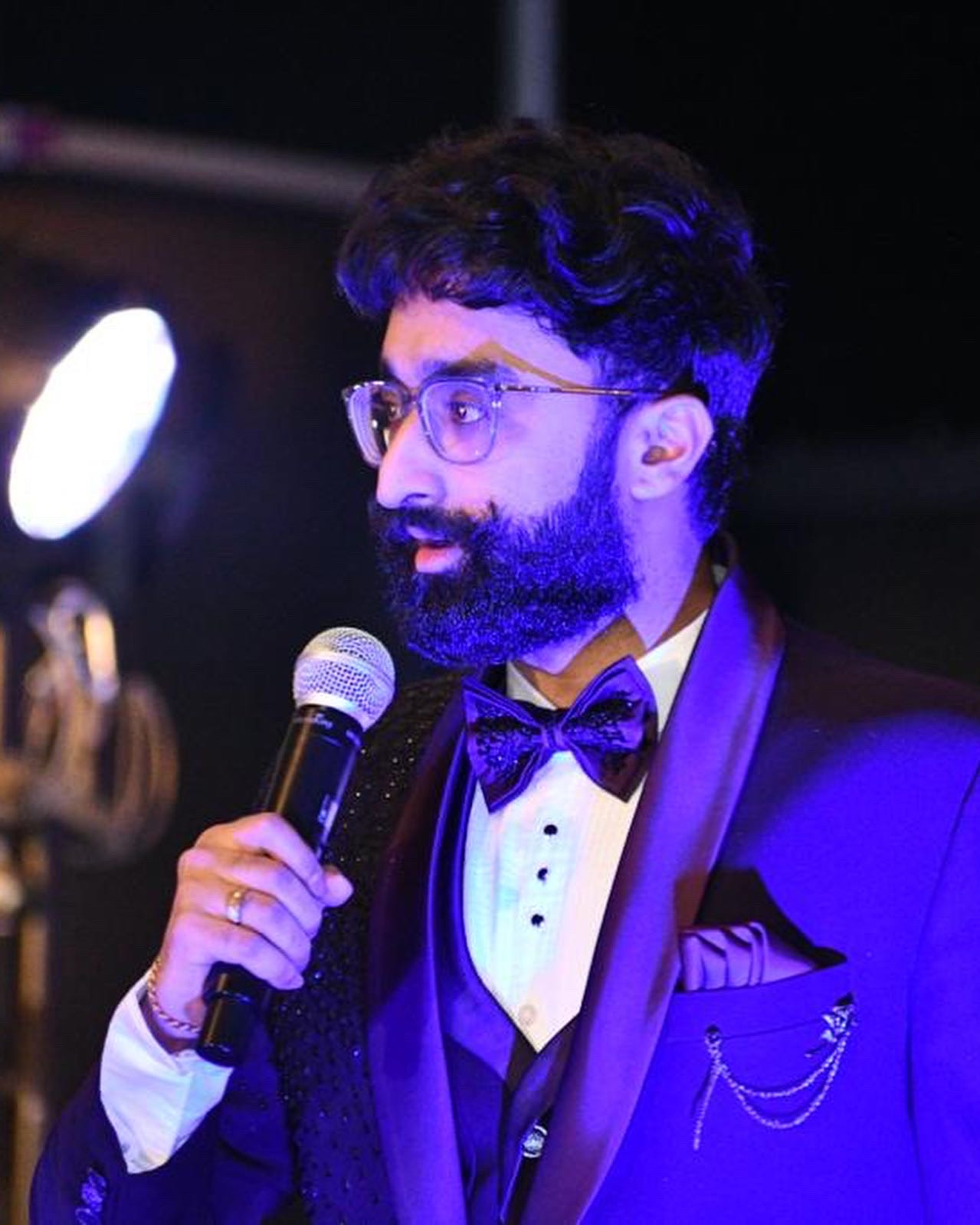Akash Parvatikar is making exciting breakthroughs as an AI scientist. The 2022 graduate of the Joint Carnegie Mellon-University of Pittsburgh PhD program in Computational Biology (CPCB) has applied the skills he learned in graduate school to his work in digital pathology.
Parvatikar is employed as a pathology map product manager and AI scientist at HistoWiz, a biotechnology research company in New York. In this role, he develops tools for researchers in academic, biotech and pharmaceutical fields.
“I try to identify what problems pathologists are facing when diagnosing patients,” he said. “As an AI scientist, I develop tools that pathologists can use to detect features that they see on a day-to-day basis.”
While attending the CPCB program, Parvatikar specialized in breast cancer diagnosis, working closely with Assistant Professor Chakra Chennubhotla.
“My PhD taught me the complexities of cancer diagnosis,” Parvatikar said. “I used to go to Magee-Womens Hospital and sit with pathologist Dr. Jeffrey Fine, who would press tissues. I saw how complicated it is to diagnose patients.”
Now, he develops AI technology that makes preclinical diagnoses more efficient and accelerates drug discovery.
One recent project he has worked on is creating an auto-QC system at HistoWiz. This cutting-edge system identifies the quality of slides of data from pathology labs and can alert pathologists, researchers and other clients of defects in data.
“AI analysis software is only as good as the data you feed it. If you feed in bad data, you get bad results,” Parvatikar said.
Outside of his work at HistoWiz, Parvatikar is also an international speaker. He has taken to the stage at Pathology Visions, the Digital Pathology Association’s annual meeting, andnumerous conferences around the world.
Parvatikar first delved into public speaking as an AI scientist at HistoWiz, when he appeared as a speaker at the Digital Pathology and AI Congress. He credits the journal clubs he participated in throughout his time in the CPCB program as an influence in his success as a speaker today.
“There were journal clubs during the program that gave me an opportunity to be a better presenter,” he said. “I’ve saved the feedback that I used to get after the journal club, you know what was good and what was bad. I still have it.”
Before he became an esteemed AI scientist, Parvatikar was once a first-year student in the CPCB program. His advice to new students is to be patient and seek help when needed.
“At the end of the day, every journey is a journey of the individual,” he said. “Don’t compare yourself to other people who may have two or three papers published already. Take your time.”
Parvatikar, who was recently promoted to the role of product manager, is excited for the future of AI and drug discovery.
“This field has huge potential,” he said. “It’s not just to diagnose patients at the clinical level but to steer drug discovery initiatives and open-ended research questions that involve analyzing the tissue.”


